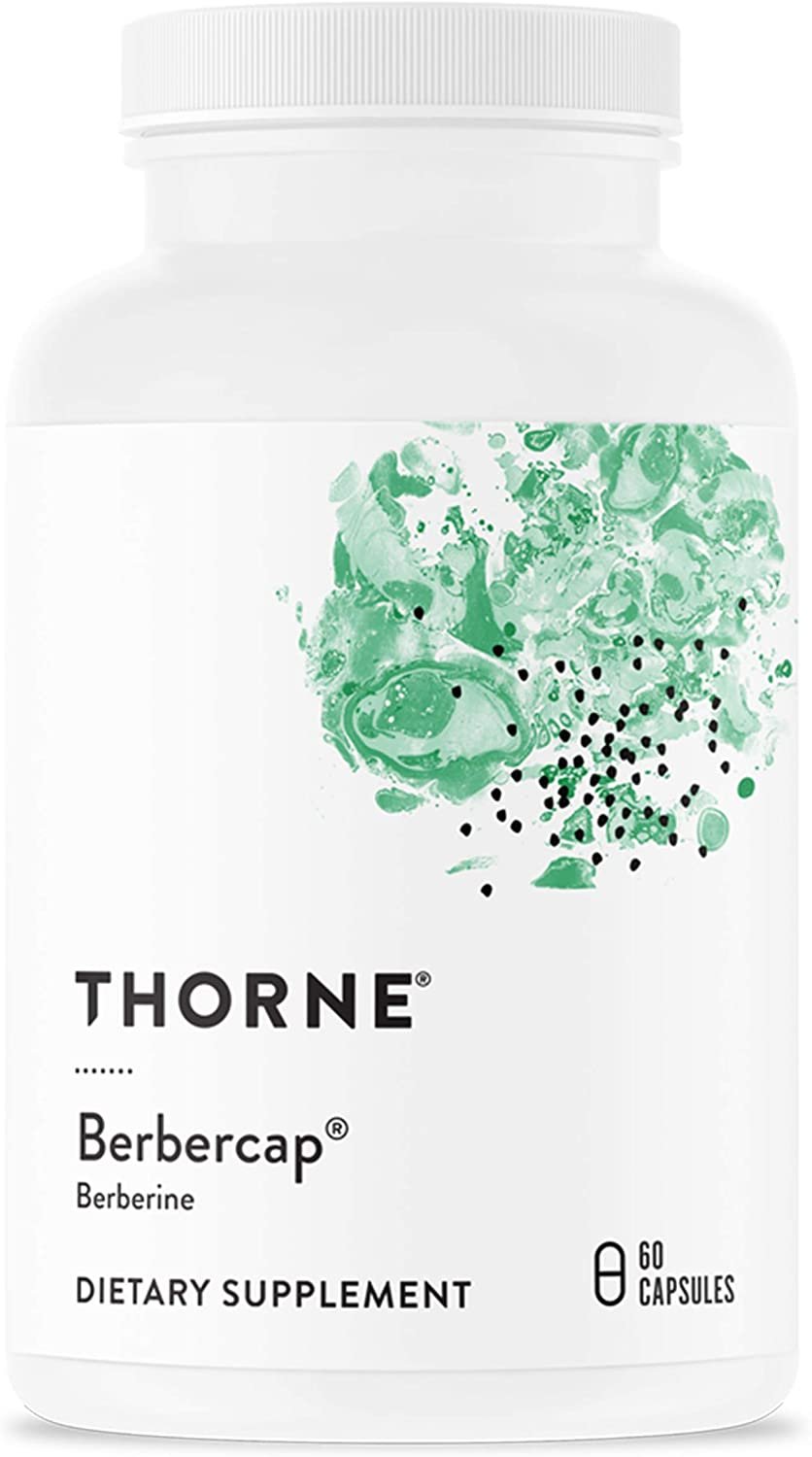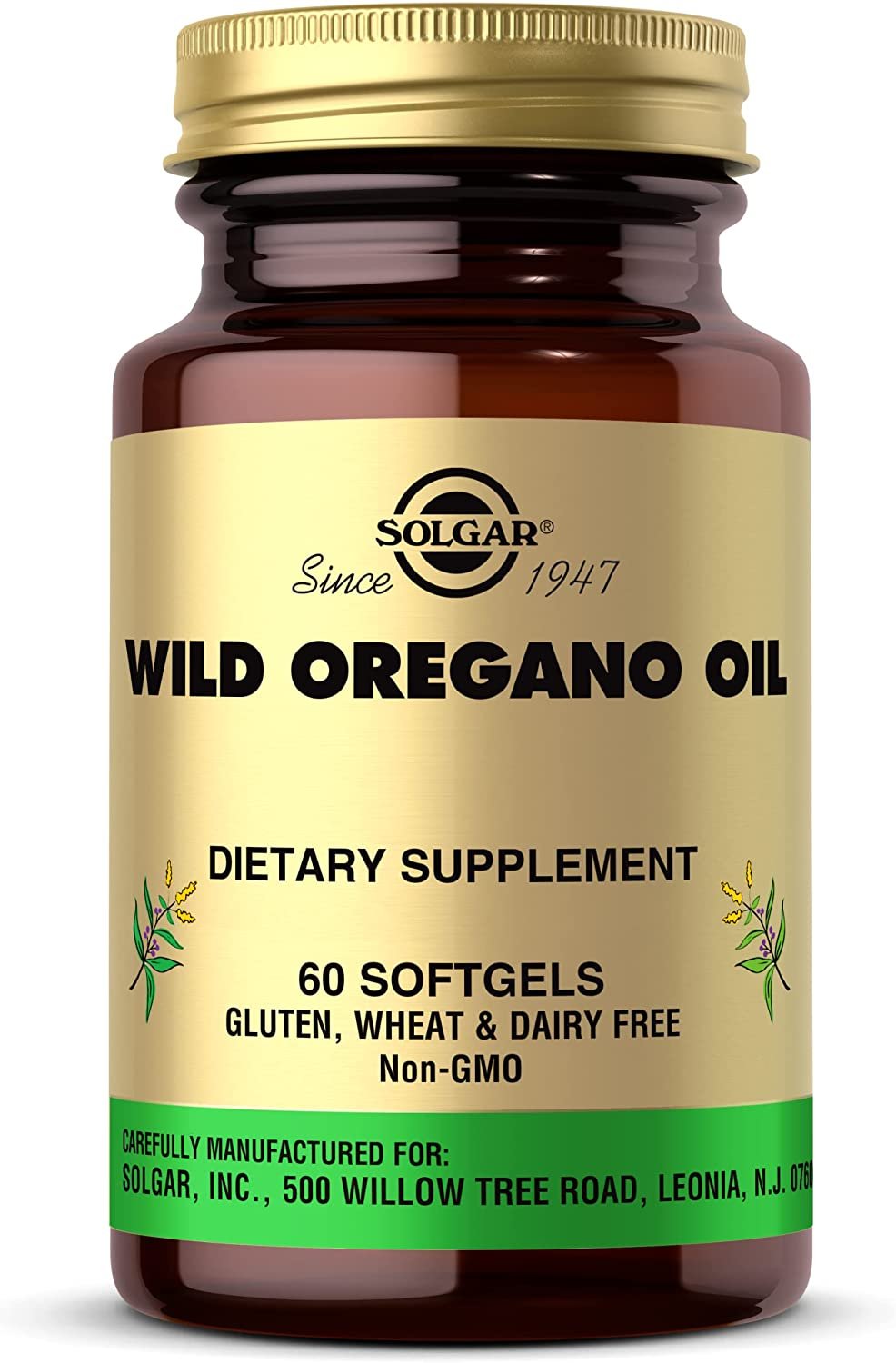Giardia
“Most giardia infections are asymptomatic, meaning there are no obvious signs your pet is infected. When symptoms are present, the most common is diarrhea, which can be acute, chronic or it can come and go.”
“Due to the intermittent nature of loose stools associated with giardia, many people assume the dog got into something he shouldn't have, or had a meal that didn't agree with him. Consequently, many cases of giardia go undiagnosed.”
“Another tricky issue with diagnosing giardia is that the parasite isn’t shed every time your pet poops. This means there can be cyst-free stool samples from infected animals. If one of these samples happens to be the one collected for analysis, it won’t show any evidence of giardia, even though your pet is infected.” …”Giardia can be difficult to treat successfully and follow-up tests are required to insure the infection has been cleared.”
“I recommend an ELISA or PCR test for giardia for any pet with a history of GI issues. A fecal ELISA or PCR test is preferable to a fecal flotation test because it checks for the presence of giardia antigens. A fecal float only detects giardia cysts, which may or may not be in the particular stool sample being tested.”
“Unfortunately, many vets don’t routinely run the ELISA or PCR test and instead, use only stool sample results that may or may not pick up evidence of infection. So make sure to ask your vet for a fecal antigen test in addition to a fecal float.” …“Estimates are that up to 30 percent of in-house tests return a false negative. This means there are a lot of pets walking around with giardia who tested negative for the infection.”
“National veterinary labs like Antech and Idexx use standardized equipment that returns consistently reliable results, so if you’re having your pet tested for giardia, I recommend asking your vet whether he or she tests in-house or sends samples out for analysis.”
https://healthypets.mercola.com/sites/healthypets/archive/2018/01/14/giardia-in-pets.aspx
Conventional treatment for Giardia often includes Metronidazole (Flagyl), and may be combined with Fenbendazole, with follow-up treatments including Ronidazole or Albendazole.
Antibiotics, steroids, NSAID’s, and flea and tick medications can disrupt the delicate balance of bacteria in the gut, which can lead to a range of health problems. “Metronidazole kills fusobacteria—the bacteria dogs need to digest protein—and opportunistic pathogens are allowed to take hold.”
Check with your vet after any course of medication for information on how to restore your dog’s gut microbiome.
How To Support Your Dog’s Gut Microbiome During & After Antibiotics
An integrative veterinarian may recommend herbal protocols with standard treatments. You vet may recommend giving probiotics*, a small amount of fermented veggies and adding these natural remedies 3 times a day. [1]
*Probiotics
Lactobacillus johnsonii La
L. acidophilus LA
L rhamnosus GG
Lactobaccilus plantarum (common in fermented veggies)
[1]
1. Eckmann L, Gillin FD. Microbes and microbial toxins: paradigms for microbial-mucosal interactions I. Pathophysiological aspects of enteric infections with the lumen-dwelling protozoan Giardia lamblia. Am J Physiol Gastrointest Liver Physiol 2001;280:G1-G6.
2. Fuller R, Gibson GR. Modification of the intestinal microflora using probiotics and prebiotics. Scand J Gastroenterol Suppl 1997;222:28-31
3. Perez PF, Minnaard J, Rouvet M, et al. Inhibition of Giardia intestinalis by extracellular factors from Lactobacilli: an in vitro study. Appl Environ Microbiol 2001;67:5037-5042.
4. Adlerberth I, Ahrne S, Johansson ML, et al. A mannose-specific adherence mechanism in Lactobacillus plantarum conferring binding to the human colonic cell line HT-29. Appl Environ Microbiol 1996;62:2244-2251.
5. Leitch GJ, Visvesvara GS, Wahlquist SP, Harmon CT. Dietary fiber and giardiasis: dietary fiber reduces rate of intestinal infection by Giardia lamblia in the gerbil. Am J Trop Med Hyg 1989;41:512-520.
6. Ortega-Barria E, Ward HD, Keusch GT, Pereira ME. Growth inhibition of the intestinal parasite Giardia lamblia by a dietary lectin is associated with arrest of the cell cycle. J Clin Invest 1994;94:2283-2288.
7. Soffar SA, Mokhtar GM. Evaluation of the antiparasitic effect of aqueous garlic (Allium sativum) extract in Hymenolepiasis nana and giardiasis. J Egypt Soc Parasitol 1991;21:497-502.
8. Ankri S, Mirelman D. Antimicrobial properties of allicin from garlic. Microbes Infect 1999;1:125-129.
9. Choudhry VP, Sabir M, Bhide VN. Berberine in giardiasis. Indian Pediatr 1972;9:143-146
10. Cai Y, Evans FJ, Roberts MF, et al. Polyphenolic compounds from Croton lechleri.
Phytochemistry 1991;30:2033-2040.
11. Ponce-Macotela M, Navarro-Alegria I, Martinez-Gordillo MN, Alvarez-Chacon R. In vitro effect
against Giardia of 14 plant extracts. Rev Invest Clin 1994;46:343-347
12. Ross IA. Medicinal Plants of the World: Chemical Constituents, Traditional and Modern
Medicinal Uses. Totowa, NJ: Humana Press; 1999:263-272.
13. Miyares C, Hollands I, Castaneda C, et al. Clinical trial with a preparation based on







